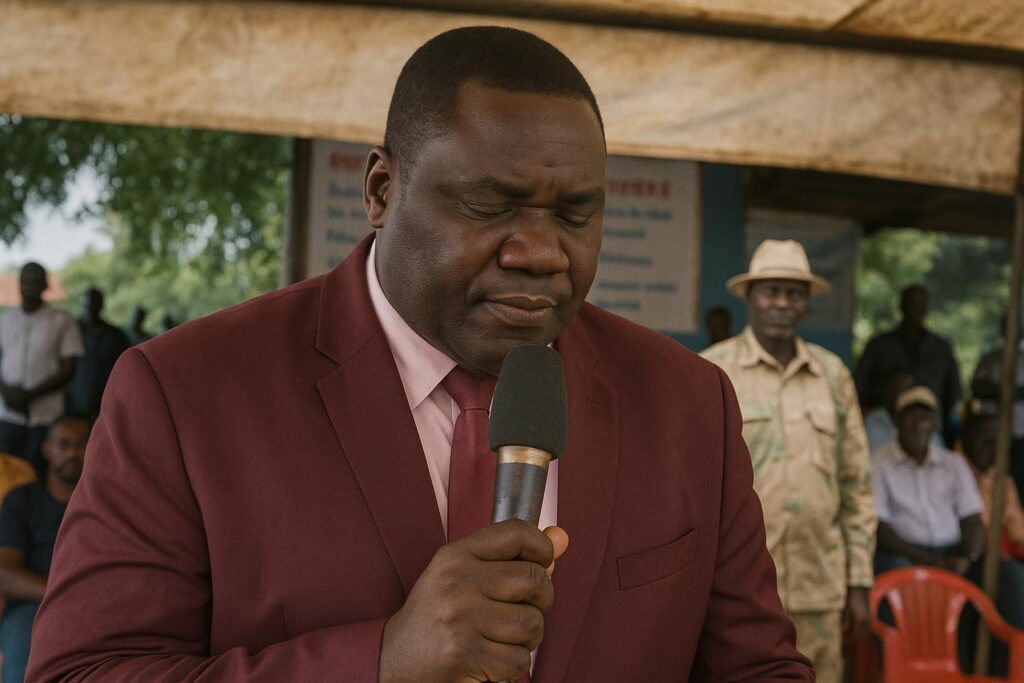A Crossroads for Africa’s Newest Nation
South Sudan, only a dozen years old, is deciding its trajectory after years of conflict. Political distrust, economic strain and humanitarian scars remain, yet many citizens insist the next chapter must be written in calmer ink than the turbulent prologue.
SSNMC Vision under Moro Isaac Jenesio
Hon. Moro Isaac Jenesio’s South Sudan National Movement for Change positions itself as a bridge to that calmer era, asserting that leadership must plant durable institutions rather than fleeting victories. “Our struggle is generational, not seasonal,” Jenesio told supporters in Juba.
Peace, Unity and Institutional Trust
Central to the plan is national healing. SSNMC calls for truth-telling forums and community reconciliation so children inherit shared hope rather than ancestral grievances. Analysts say such dialogue could reinforce state legitimacy if backed by inclusive participation and credible follow-through.
Security Sector Overhaul for Stability
Another cornerstone involves merging rival forces into one professional, apolitical army. Security experts argue that payroll transparency, unified command, and human-rights training are essential if uniforms are to serve the constitution instead of partisan interests.
Ballot-Driven Governance and Rule of Law
Democratic legitimacy, the movement insists, must flow from credible ballots. Term limits, competitive parties, and peaceful transfers are framed as non-negotiable safeguards against cyclical violence. Election observers note that timely logistics and civic education remain decisive variables before polls can reassure skeptics.
Inclusivity: Youth, Women and Local Voices
SSNMC highlights women and youth as present leaders, not distant heirs. Programs promoting entrepreneurship, scholarship, and civic dialogue aim to unlock energy often sidelined by patriarchal customs and wartime trauma. “We are too many to be spectators,” youth activist Atong Achol remarked.
Economic Equity and Decentralised Growth
Economic justice features prominently. The platform argues oil revenues should finance classrooms, clinics and clean water across states, while decentralised budgeting lets counties craft bespoke development blueprints. Economists caution that transparency mechanisms will determine whether equity slogans translate into household realities.
A Promise to Future Generations
Ultimately, the movement presents its manifesto as a moral covenant with unborn citizens, promising they will inherit a nation at peace with itself and governed by laws, not gunfire. Whether that promise survives political headwinds may define South Sudan’s place in the wider African story.


